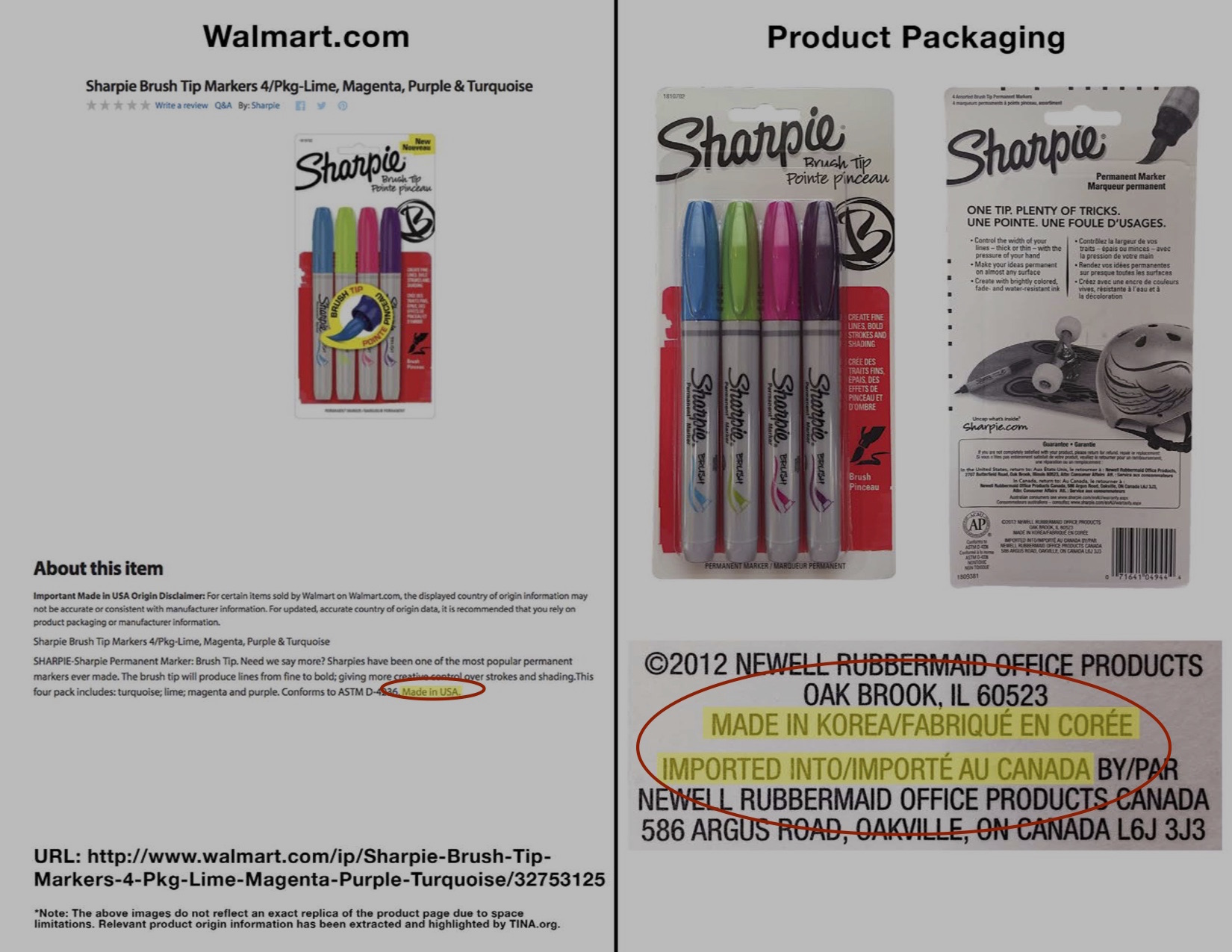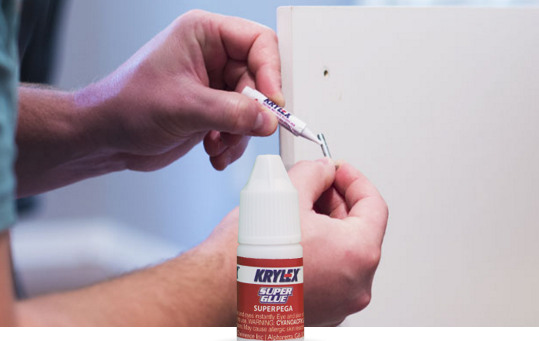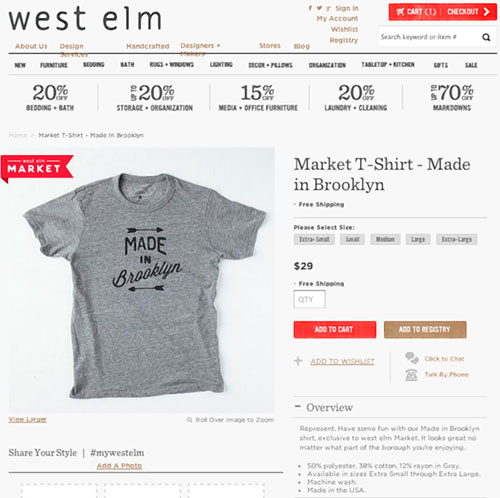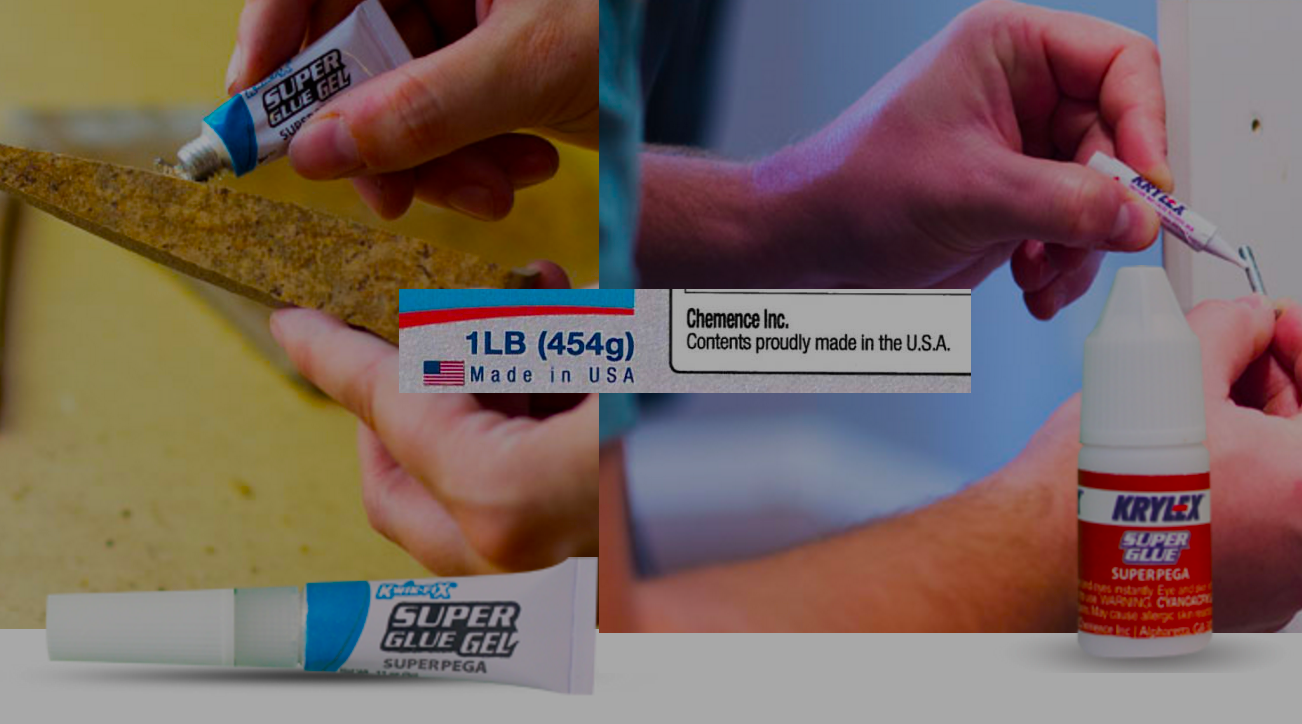Anyone can claim that their product is “Made in the U.S.A.,” but unless that product is actually manufactured in America from materials made in America, you might be breaking the law. Eight months after being sued by the Federal Trade Commission for claiming its glues are “proudly made in the U.S.A.” even though the products were made using foreign-sourced chemicals, the manufacturer has agreed to stop this faux patriotic boasting. [More]
Made in the U.S.A.

Walmart Still Reportedly Misusing “Made In U.S.A” Labels
The Federal Trade Commission may have dropped its probe into Walmart’s misuse of “Made in U.S.A.” labeling last fall, but an advertising watchdog group says a more recent analysis of the retailer’s website found it continues to label products with the designation even though they were manufactured in other countries. [More]

You Can’t Claim Your Glue Is “Made In USA” If It’s Made From Imported Chemicals
While there’s no official pre-approval process for products labeled “Made In U.S.A,” there are federal standards for what that phrase means, and a company can get into trouble for slapping “Made In U.S.A.” on imported products — like the glue company accused of misleading consumers about where its sticky stuff comes from.
[More]

West Elm Quietly Removes “Made In Brooklyn” Items That Weren’t Actually Made In Brooklyn
If a company slaps “Made In USA” on a product, it could get in trouble with the Federal Trade Commission when that product turns out to be made elsewhere. But the folks at West Elm didn’t see a problem in labeling products as “Made in Brooklyn” even when they were made elsewhere (unless China is part of Brooklyn) — at least not until the media noticed. [More]


